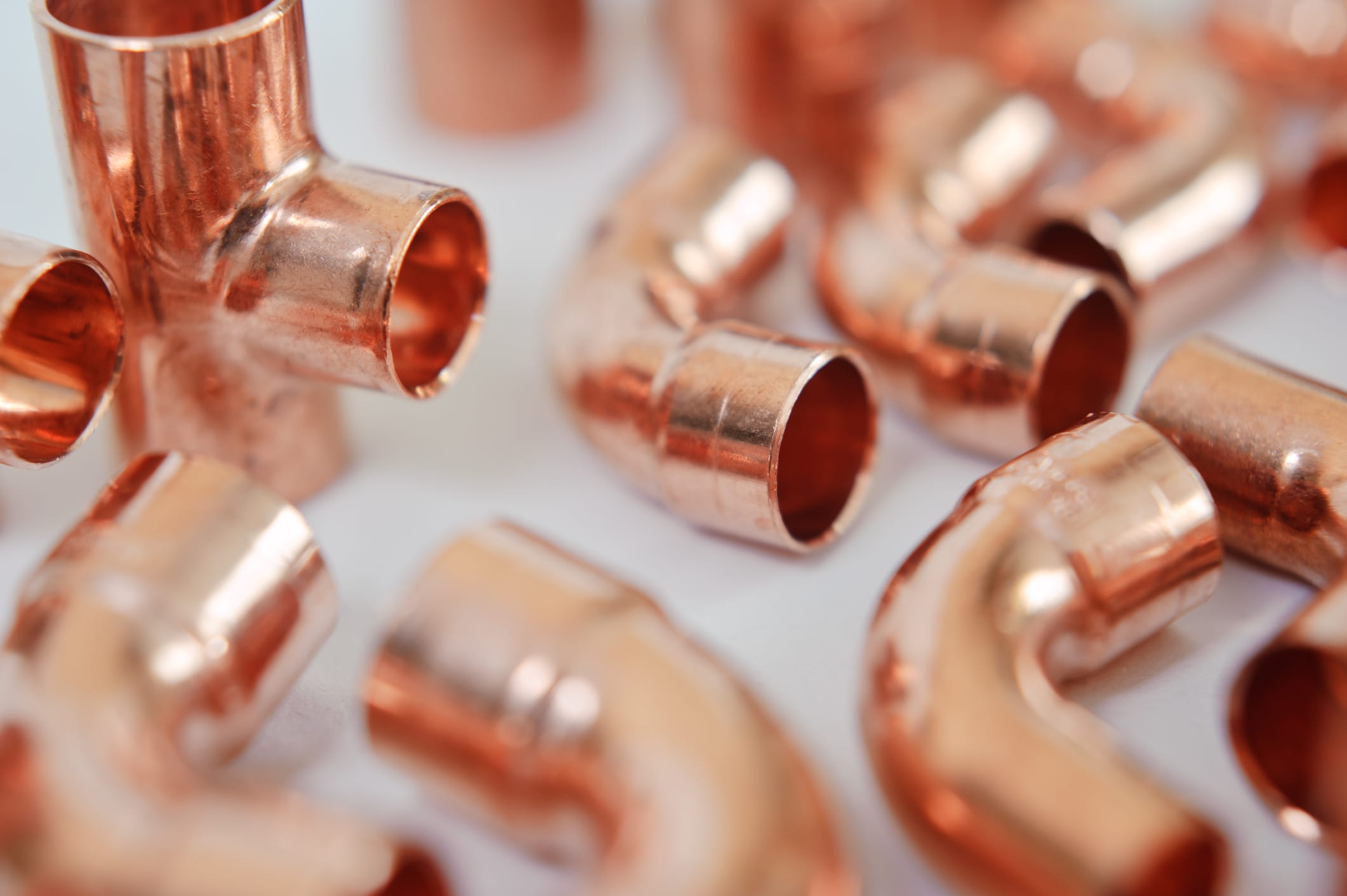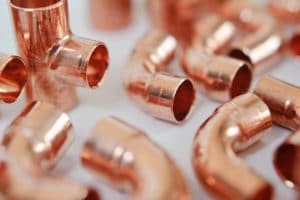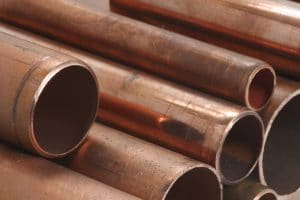When it comes to industrial pipe fabrication, every detail counts. One often overlooked but crucial step is pipe beveling—the process of shaping the edges of a pipe before welding it to another piece. This small adjustment makes a big difference in the strength and durability of welded joints, which are the backbone of any reliable piping system.
At C.L. Weber, based in North Wales, PA, we specialize in precision pipe fabrication, including expert beveling services that prepare pipes for seamless welding. Let’s take a closer look at why beveling matters and how it can save you time and money in the long run.
What Exactly Is Pipe Beveling?
Pipe beveling means cutting the pipe end at a specific angle, usually around 37.5 degrees, rather than leaving it flat. This angled edge creates a “V” groove when two pipes are joined together, allowing welders to create a deep, strong bead of weld metal that penetrates fully into the joint.
Without proper beveling, welds tend to be shallow, weaker, and more prone to cracking or leaks—especially under pressure or temperature changes.
How Does Beveling Improve Welding Quality?
Better Weld Penetration
The beveled edge allows weld material to flow deeper into the joint, creating a stronger bond between pipes. This penetration is critical in high-pressure industrial systems where leaks can cause serious problems.Cleaner Welds
Beveling helps create a precise gap between pipes, which reduces the chance of gaps or voids in the weld. This results in fewer defects and less rework.Improved Alignment
Proper beveling ensures pipes fit together more easily and align perfectly during welding. This saves time on the job and reduces the risk of misaligned piping that can cause flow restrictions or mechanical stress.Complies With Industry Standards
Most industrial welding codes and standards require pipe beveling to meet specific angles and surface finishes. Professional beveling services guarantee compliance with these regulations.
Different Types of Bevels for Different Jobs
Not all pipe bevels are the same. Depending on the pipe material, thickness, and welding method, bevels can vary in angle, shape, and size. Some common types include:
Single Bevel: One edge angled, typically used for butt welds on thin pipes.
Double Bevel: Both edges beveled, often for thicker pipes requiring deep weld penetration.
J-Bevel: Curved bevel used in specialized applications to reduce welding volume.
U-Bevel: U-shaped groove for very thick pipes, allowing deeper welds with less filler.
Choosing the right bevel type is part of what makes professional pipe fabrication so important.
Why Professional Beveling Services Matter
While it might be tempting to skip beveling or do it manually on site, precision matters. At C.L. Weber, we use advanced machinery like CNC bevelers to cut consistent, accurate bevels every time. This technology ensures:
Exact angles for optimal weld quality
Smooth surfaces that welders appreciate
Faster turnaround times with less waste
Our skilled technicians understand how to adjust bevels to match your project’s specific welding code and application.
Beveling Services and Custom Pipe Fabrication in North Wales, PA
Serving businesses throughout North Wales, PA, and Montgomery County, C.L. Weber provides end-to-end pipe fabrication solutions. Our beveling services are a key part of ensuring your pipe assemblies meet exacting standards for strength, safety, and longevity.
Whether you’re building hydraulic systems, food processing lines, or HVAC installations, we tailor our fabrication to your needs.
If you’re planning a project that requires expert pipe fabrication and welding prep, don’t overlook the importance of quality beveling. Contact C.L. Weber today to learn how our precision beveling services can improve your next industrial piping project.



